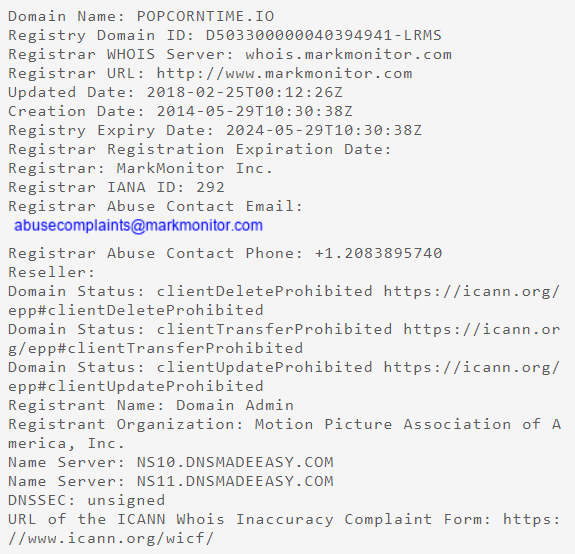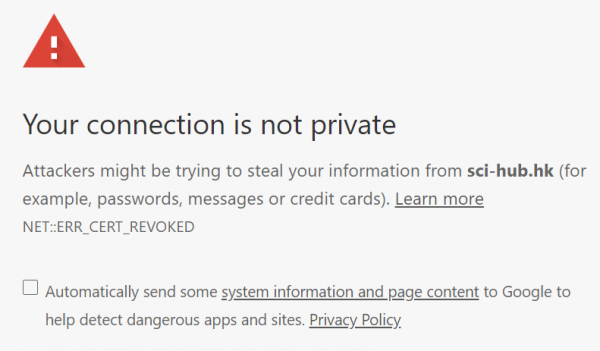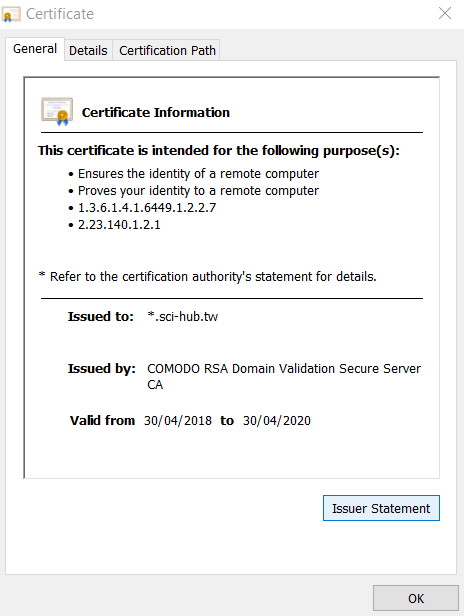Cloudflare Fails to Exclude Daily Stormer Evidence From Piracy Trial
vendredi 4 mai 2018 à 20:53 Last summer Cloudflare CEO Matthew Prince decided to terminate the account of controversial neo-Nazi site Daily Stormer.
Last summer Cloudflare CEO Matthew Prince decided to terminate the account of controversial neo-Nazi site Daily Stormer.
“I woke up this morning in a bad mood and decided to kick them off the Internet,” he announced.
The company’s lawyers later explained that the move was meant as an “intellectual exercise” to start a conversation regarding censorship and free speech on the internet. However, this discussion went much further than Prince had planned.
For years, Cloudflare had a policy not to remove any accounts without a court order, so when this was exceeded, eyebrows were raised. In particular, copyright holders wondered why the company could terminate this account but not those of the most notorious pirate sites.
This is also why The Daily Stormer removal became an issue in the piracy liability case previously filed by adult entertainment publisher ALS Scan. After Cloudflare’s CEO was questioned on the matter, it could be raised before a jury during the trial as well.
Cloudflare didn’t fancy this prospect. In March, the company asked the court to preclude any evidence related to Daily Stormer or other hate groups from the upcoming trial, fearing that it would lead to “guilt by association.”
“The apparent reason that ALS seeks to offer is not for its probative value but rather for its distracting emotional impact,” Cloudflare argued.
“Given the strong feelings such evidence would almost certainly arouse among members of the jury, this evidence creates an unwarranted and impermissible risk of unfair prejudice to Cloudflare.”
However, California District Court Judge George Wu was not receptive to this argument. Following a hearing on the matter last week the Judge denied the motion, which means that ALS is allowed to use the Daily Stormer case at trial.
“[Cloudflare’s motion] to Exclude Evidence Relating to Provision or Termination of Services to Hate Groups is DENIED.”

In hindsight, Cloudflare’s decision to disconnect Daily Stormer the way it did might not have been the best option, but t’s too late now.
According to recent court filings AS and Cloudflare have tried to reach a settlement but thus far that hasn’t happened. This means that the case will move to the scheduled trial, unless both sides can make peace beforehand.
Source: TF, for the latest info on copyright, file-sharing, torrent sites and more. We also have VPN reviews, discounts, offers and coupons.

 Four years ago Popcorn Time took the Internet by storm.
Four years ago Popcorn Time took the Internet by storm.




 Last year, Epic Games released Fortnite’s free-to-play “Battle Royale” game mode, generating massive interest among gamers.
Last year, Epic Games released Fortnite’s free-to-play “Battle Royale” game mode, generating massive interest among gamers.